Description
Humic acids are organic compounds that are formed through the decomposition of plant and animal matter in soil. They play a significant role in soil health and plant growth. Here are some key points regarding humic acids as plant growth promoters:
1. Nutrient Availability
- Improved Nutrient Uptake: Humic acids enhance the availability of essential nutrients (like nitrogen, phosphorus, and potassium) to plants by chelating (binding) them, making them more accessible for plant roots.
- Soil Structure Improvement: They help improve soil structure, which enhances aeration and water retention, facilitating better root growth and nutrient absorption.
2. Stimulating Plant Growth
- Root Development: Humic acids promote root growth and development, leading to a more extensive root system that can access more nutrients and water.
- Cell Division and Growth: They stimulate cell division and elongation, which can lead to increased plant height and biomass.
3. Stress Resistance
- Drought Tolerance: Humic acids can improve a plant’s ability to withstand drought conditions by enhancing water retention in the soil and improving root function.
- Disease Resistance: They may also enhance a plant’s resistance to diseases by improving overall plant health and vigor.
4. Soil Microbial Activity
- Microbial Growth: Humic acids serve as a food source for beneficial soil microorganisms, promoting a healthy soil microbiome that can further enhance nutrient cycling and plant health.
5. Environmental Benefits
- Soil Remediation: They can help in the remediation of contaminated soils by binding heavy metals and other pollutants, reducing their availability to plants and preventing toxicity.

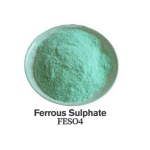
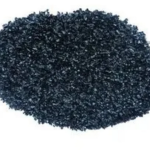
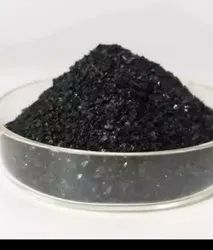


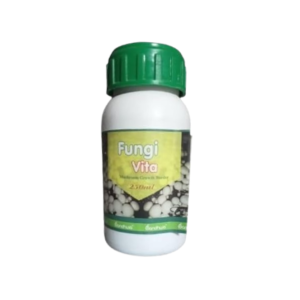
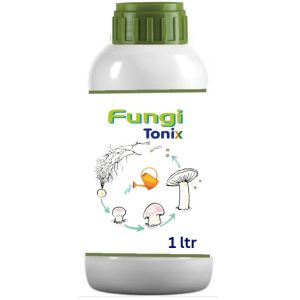
Reviews
There are no reviews yet.